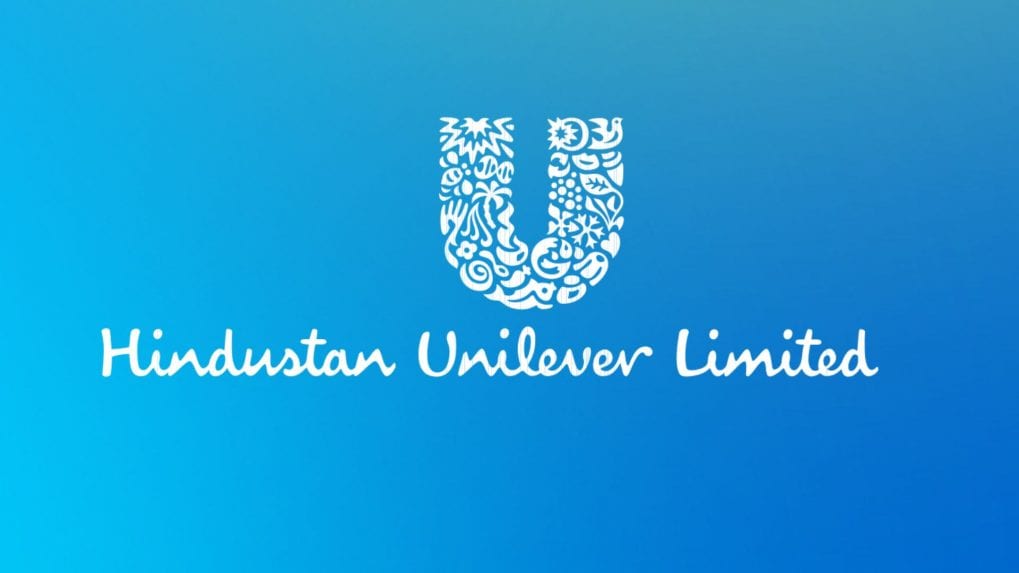How it Works
WPP, Havas, Omnicom: Are advertising’s biggest holdcos recasting agencies as AI Operating Systems?

Hindustan Unilever Limited (HUL) has announced the integration of its Environmental, Social, and Governance (ESG) Committee with its Corporate Social Responsibility (CSR) Committee, in a move aimed at strengthening alignment between its sustainability and social impact strategies.
In a regulatory filing on October 23, the company said that its Board of Directors has approved the merger of the two committees, effective October 24, 2025. The unified body will be called the CSR-ESG Committee and will oversee all of HUL’s initiatives, disclosures, and compliance related to both CSR and ESG matters.
The new committee will be chaired by Tarun Bajaj, Non-Executive Independent Director, and will include Neelam Dhawan and Ranjay Gulati as members, both of whom are also Non-Executive Independent Directors.
This consolidation reflects HUL’s broader effort to integrate its sustainability goals with its business strategy and ensure cohesive governance around environmental stewardship, social responsibility, and ethical operations.
The company had earlier constituted a separate ESG Committee in 2022 to enhance oversight on sustainability-related disclosures and strategy. The committee is responsible for monitoring progress against ESG goals, reviewing initiatives, and ensuring effective practices. The ESG Committee of the board comprised, as per the company's website, Priya Nair, Tarun Bajaj, Ranjay Gulati and Neelam Dhawan.
The current integration is expected to create a unified governance framework, simplifying decision-making and reinforcing HUL’s commitment to responsible growth.
HUL’s initiatives under its ESG and CSR mandates have included projects on plastic waste management, water conservation, women’s empowerment, and rural livelihood programs. The newly combined committee will continue to drive these efforts while ensuring compliance with evolving sustainability reporting standards and regulatory expectations.
In FY24, HUL spent Rs 234 crore on CSR and ESG activities.
From purpose-driven work and narrative-rich brand films to AI-enabled ideas and creator-led collaborations, the awards reflect the full spectrum of modern creativity.
Read MorePraveen Someshwar, Managing Director and CEO of Diageo India, joins the Grand Jury of the Storyboard18 Awards for Creativity, highlighting the awards’ focus on work that blends cultural relevance with strategic and commercial impact.